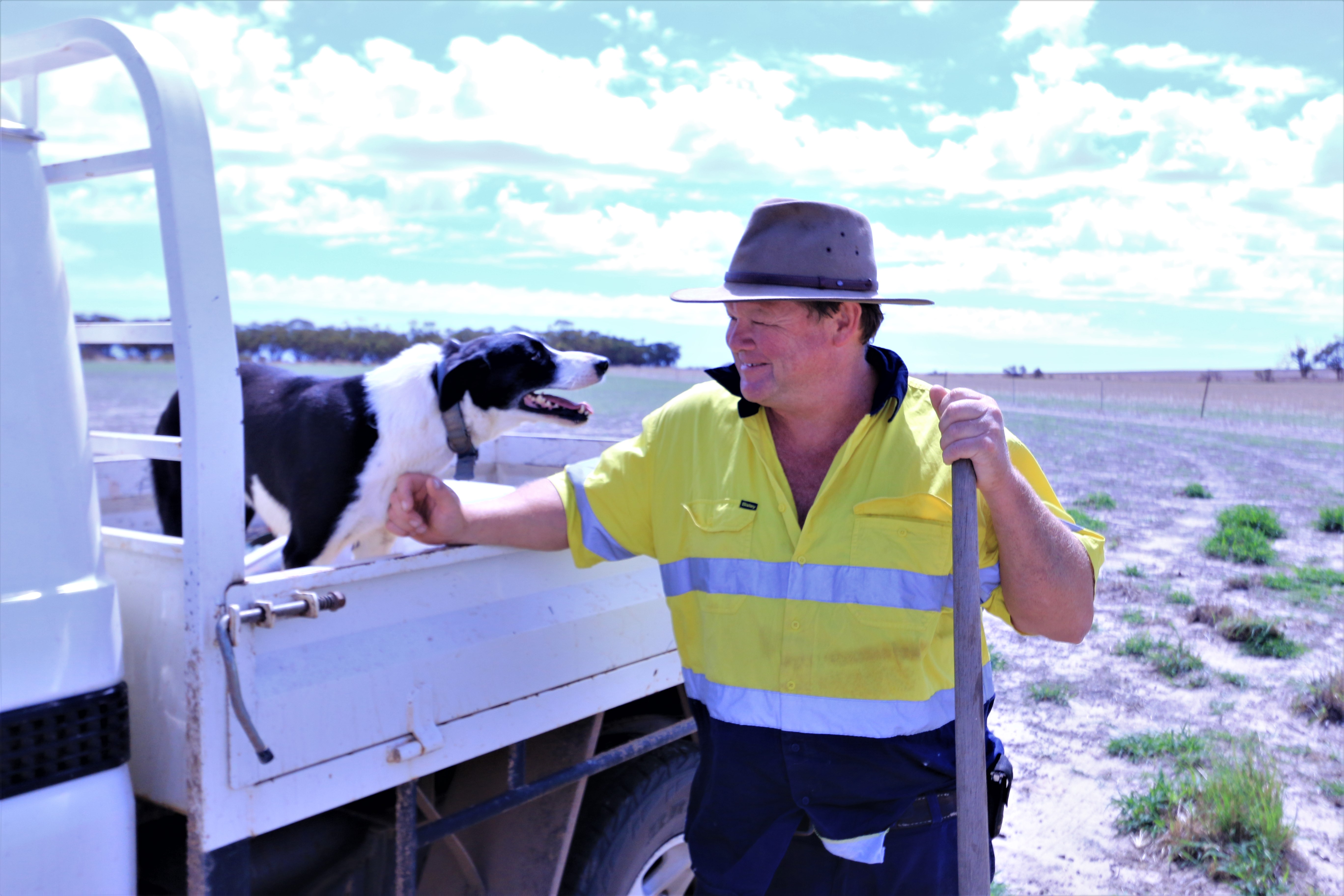Soil Cooperative Research Centre researchers from Southern Cross University have partnered with ourselves and four local groups to deliver a social benchmarking survey in the Northern Wheatbelt region. The recently released Agriculture in the Northern Wheatbelt: Rural Landholder Social Benchmarking Report 2021 was opened to landholders with more than 10 hectares in the Shires of Coorow, Dandaragan, Moora, Wongan Hills, Ballidu and Dalwallinu.
The covered four key focus areas that contribute to on-farm decision making and an in-depth understanding of farming systems.
- Profile of farming in the Northern Wheatbelt, including farmer engagement;
- Data management and use;
- Farm management practices, risk and resilience;
- The future of farming in the Northern Wheatbelt.
The findings were very interesting, particularly in relation to participants views on temperature extremes, changing weather patterns and current management practices being used to alleviate future challenges.
Healthy environments are a top priority
When looking at the values of Northern Wheatbelt landholders, the number one way in which property is valued by landholders relates to future generations. The ability to pass on a healthier environment to future generations was supported by 84% of the total cohort and 91% of full-time farmers.
On a regional scale, issues relating to climate change featured in the top five issues across all landholders. This included changes in weather patterns and the impacts of temperature extremes on farm productivity and uncertain or low returns limiting the capacity for farmers to invest in their property.
Common current management practices
Soil testing stood out as the most common best-management practice with 82% of the group seeing this as an essential part of their risk and resilience practices over the past five years. This was followed by the application of lime and the planting of legumes and pulses. Full-time farmers showed strong support across most of the soil management items.
Future farming challenges in the Northern Wheatbelt
When asked what was seen as the biggest challenge might be over the next ten years, climate change and weather variability were amongst the key issues. While more than half of those surveyed agreed that if nothing is done, climate change will have dire consequences, there was also a high level of confidence (67%) that local landholders can adapt to changes in weather patterns.
Read the full Agriculture in the Northern Wheatbelt: Rural Landholder Social Benchmarking Report 2021 here.


